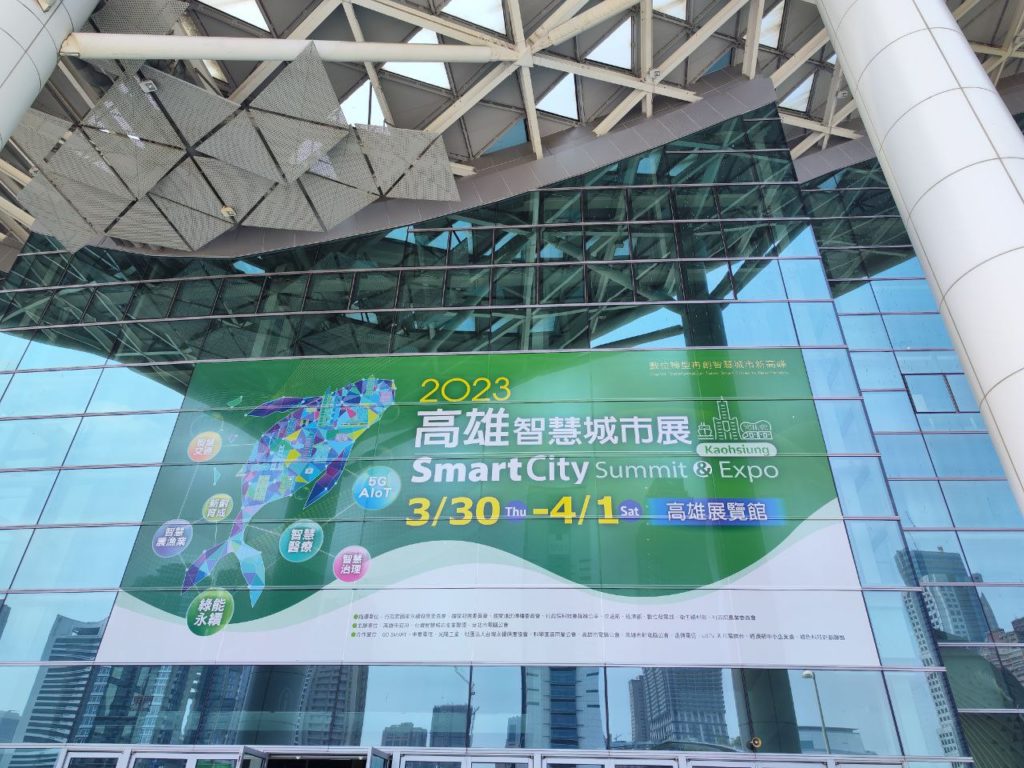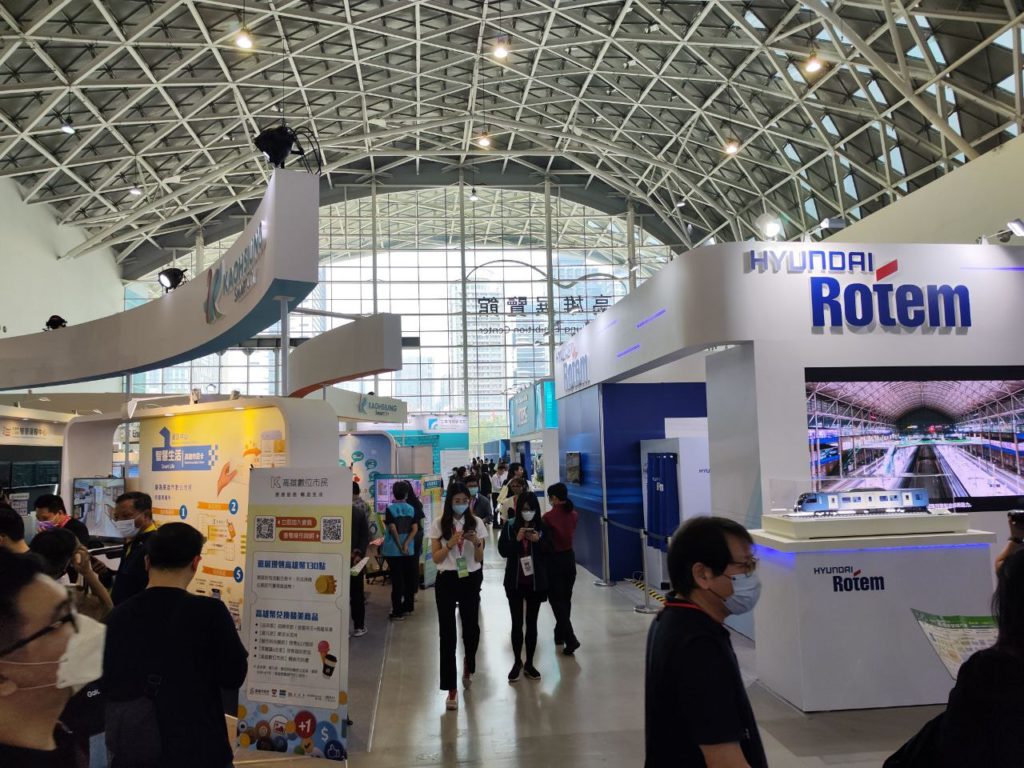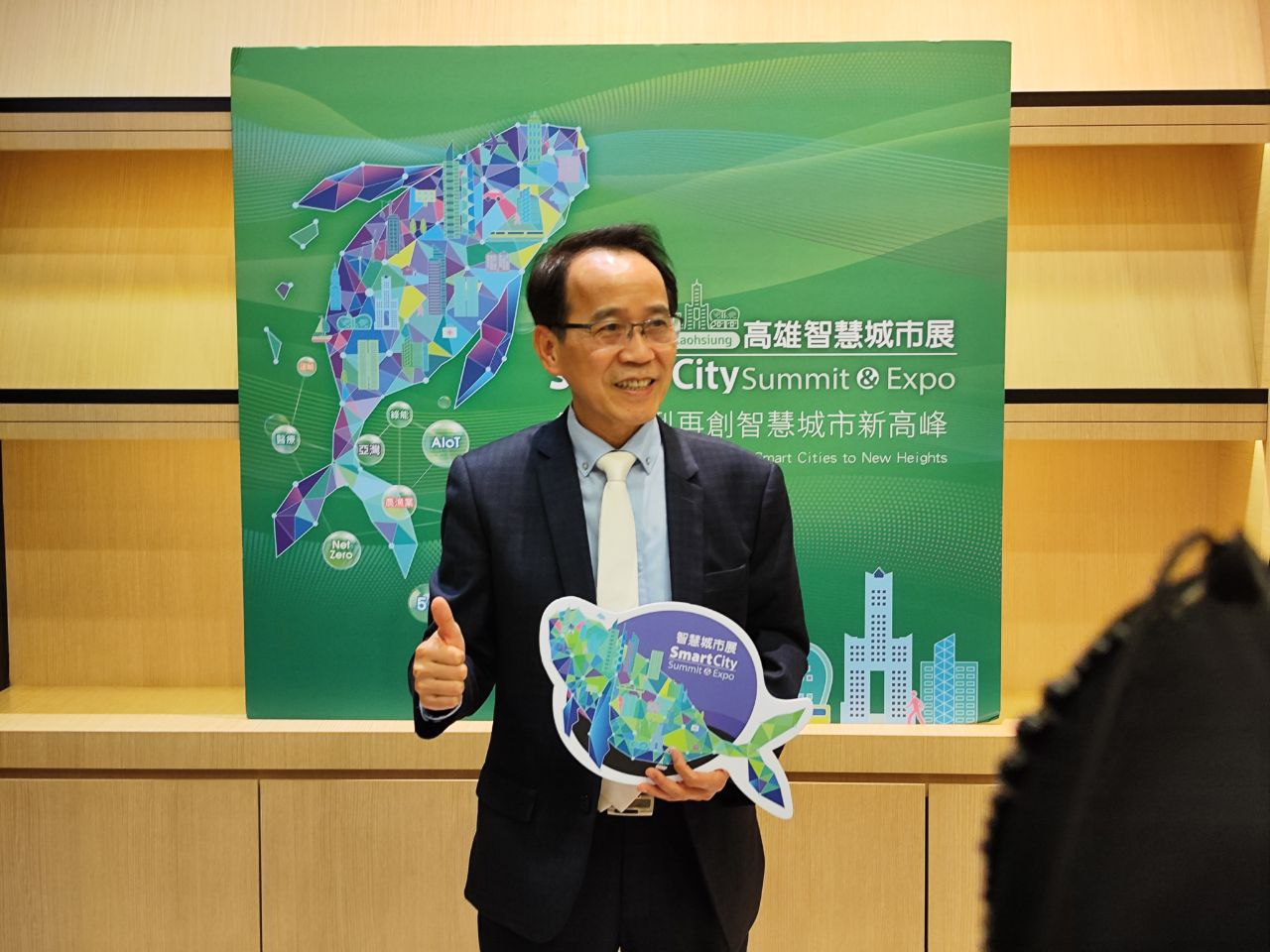
As the second-largest city in Taiwan, Kaohsiung is a major hub for heavy industry and manufacturing. Now, the city is quickly transforming into a Smart City, as leaders aim to transform it into an innovative and sustainable place to live in.
TheTechRevolutionist team was honored to have been invited to speak with Charles Lin, the Deputy Mayor of Kaohsiung, to understand his visions and strategies for transforming the city into a Smart City.
Read on for four eye-opening insights that Lin shared during the exclusive interview.
Smart manufacturing is key to a Smart City
Smart manufacturing is a key area of focus in Kaohsiung’s smart city development, with its advantageous position in heavy industry being highlighted by Lin. He noted that Kaohsiung has a strong presence in this field, and that TSMC, one of the largest semiconductor manufacturers globally, is constructing its new fabrication plant in the city.
“We want to make our manufacturing industry smarter, greener and more competitive. We want to use technologies such as IoT, AI, big data and cloud computing to optimize our production processes, reduce our energy consumption and carbon emissions, enhance our product quality and innovation, and create more value-added services,” Lin expressed.
Crucially, Lin shared that smart manufacturing benefits the entire city. Smart manufacturing creates new jobs, attracts talent, and increases tax revenue. It can also drive the development of other industries such as tourism and culture, education, and logistics.
Smart Cities should not shy away from innovation and failures
Lin humbly shared that the transformation of Kaohsiung into a Smart City would not have been possible with only the government’s efforts. Innovative solutions and participating companies (such as those seen in Smart City Summit & Expo) are essential for the transformation.

He went on to share that for a successful transformation, cities should embrace innovation and be flexible and adaptive to new technologies and business models. Failures and bumps are inevitable, but cities should be open to exploration and experimentation on new ideas from big corporations and startups alike. Regulations made to ensure safety and accountability should at the same time be flexible so that new technologies can be tested to see if they work well and can thrive in a particular city.
Smart City is as much about people as it is about technology
In Kaohsiung’s smart city development, the focus is not solely on technology but also on people, according to Lin. While younger generations may easily adapt to new technology, the elderly and less fortunate citizens may struggle. Lin’s office aims to provide a comprehensive service package to ensure that all citizens, especially those who are elderly or in need, have access to technology and receive support to use it. One initiative is the establishment of call centers that provide 24/7 assistance for citizens who require help with booking a taxi or doctor’s appointment, reporting a problem or requesting a government service.
Furthermore, Lin emphasized the importance of improving smart application coverage in rural areas where internet access may be limited or unreliable. He stated that the city government is prioritizing the improvement of communication infrastructure to bridge the digital divide and reduce inequality across the city.
“Our goal is to ensure that everyone can enjoy the benefits of smart city services,” he said.
There is no “final” definition of a Smart City
When asked to define what a Smart City is, Lin shared that the term is difficult to define because it is constantly evolving with advances in technology. As such, it is a fluid concept that encompasses a wide range of applications and innovations designed to improve the quality of life for citizens.
In today’s world, where technology is always advancing and urbanization is rapidly increasing, smart city development is not just a trend, but a necessity. Cities that invest in smart city technologies and infrastructure are better equipped to address the complex challenges of modern urban life, from traffic congestion to energy efficiency and environmental sustainability.
As such, the concept of a smart city is an important one that will continue to shape the future of urban development and improve the lives of citizens around the world.





